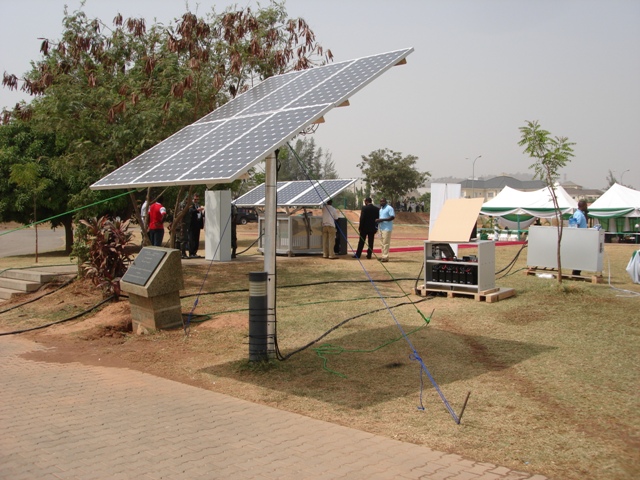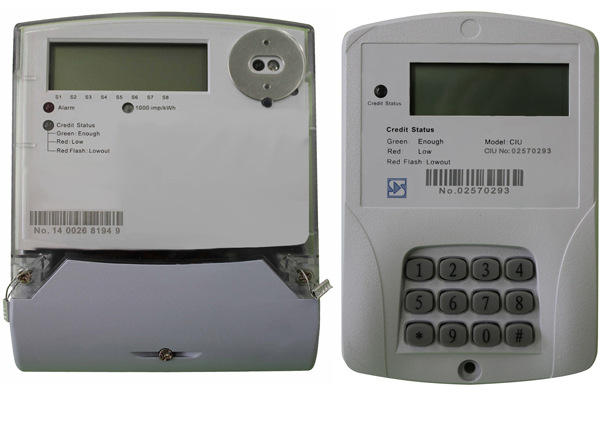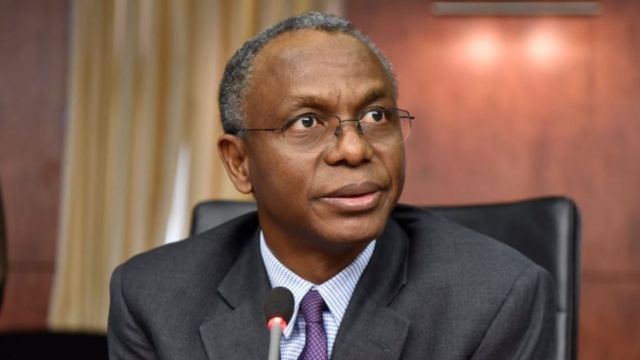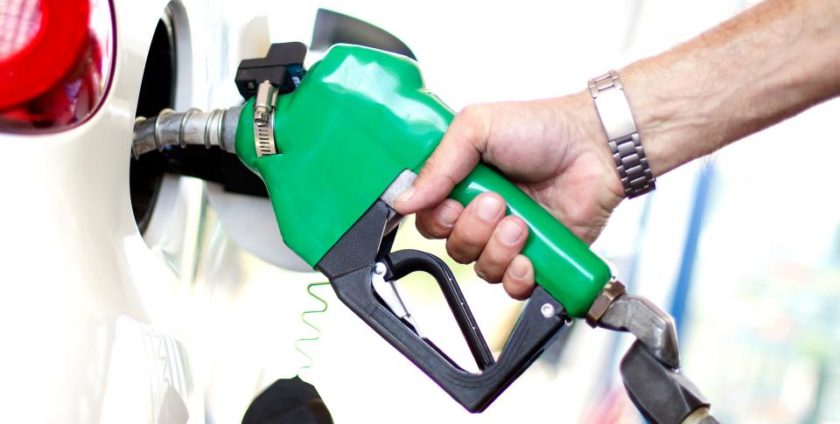30% Of Nigeria’s Electricity’ll Be Generated From Renewable Resources By 2030 – Osinbajo
The Federal Government has said that not less than 30% of Nigeria’s electricity supply will be from renewable energy sources by 2030.
Vice President Yemi Osinbajo disclosed this on Thursday in a message delivered virtually at the commissioning of a 1.12 MW Captive Solar Hybrid Power Plant at the Abubakar Tafawa Balewa University (ATBU), Bauchi.
The Vice President explained that renewable energy sources have become the most sought after of all electricity sources in recent times, adding that its value would continue to appreciate as time goes by.
He said with the commissioning of yet another solar hybrid power plant at ATBU, Nigeria’s energy transition plan to renewables continues to remain on course.
Prof. Osinbajo observed that the energy transition plan was in line with the globally endorsed climate change agenda and the President Muhmmadu Buhari-led administration’s effort to connect more communities to off-grid power and reliable energy sources.
The project, executed under the Energizing Education Programme (EEP), an initiative of the federal government, is aimed at providing 37 Federal Universities and 7 Teaching Hospitals with captive energy solutions that will ensure sustainable and reliable power for students and faculty.
According to him, “renewables are the fastest-growing segment of energy today and will certainly be a key economic driver well into the future.
“Indeed, Nigeria intends to have 30% of its electricity supply from renewables by the year 2030. Our future workforce, therefore, need to be ready for this energy transition.
The training centers constitute a critical additional benefit of this project.”
He further said, “besides, this programme reaffirms the Federal Government’s commitment to global best practice as we transition to cleaner sources of energy in line with the Paris Agreement on Climate Change.
“These projects being implemented by the Rural Electrification Agency are strategic to fulfilling our commitments to the agreement as they strive to reduce Nigeria’s carbon footprint.
“The leveraging of renewable energy technology is in line with the Federal Government’s mandate and related activities. Nigeria’s plan to reduce carbon emission by 20% unconditionally and 45% with international support by 2030, aims to limit the damaging effect of climate change.”
Speaking on the benefits of the EEP, Prof. Osinbajo said “already, 22,000 students and faculties across the country are connected to completed projects in Kano, Ebonyi, Benue and of course, now in Bauchi.
“But apart from providing a reliable source of captive power for these institutions, each institution will have a renewable energy workshop and a training center to provide training for students on renewable energy.” He said “the project also entails the installation of street lights and the electro fitting of existing ones for better illumination and provision of security on the campus and its environs. And there is a provision for on-the-job training for 20 female students undergoing STEM courses in the beneficiary institutions.
The training focuses on the design and installation of various components of the project.” While commending the implementing agency, the Rural Electrification Agency (REA) for its hard work and resourcefulness in the implementation of the programme, Prof. Osinbajo charged the agency to redouble its effort in “rolling out the Energizing Education Programme with speed and quality across the country”.
Prof. Osinbajo acknowledged and commended what he described as “a strong display of partnership between the Federal Ministries of Power, Education and Environment, the National Universities Commission and the Nigeria Electricity Regulatory Commission”, in making the project a reality.





